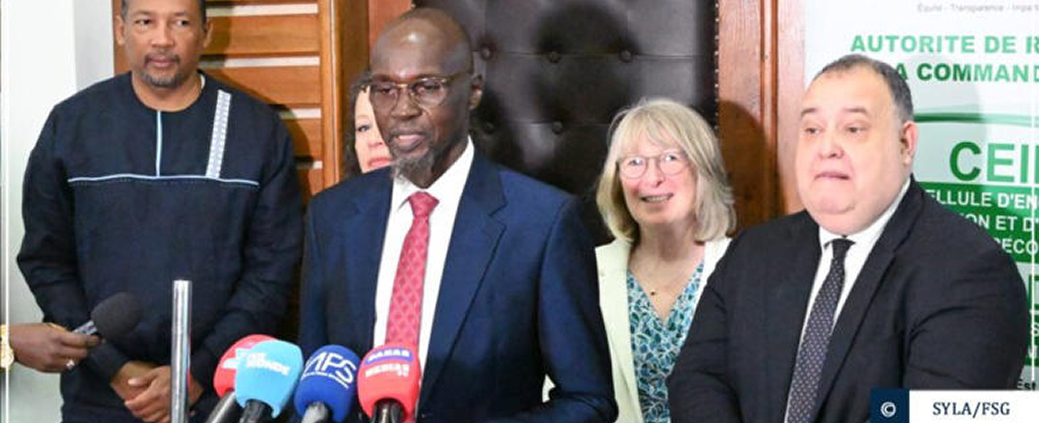SUSTAINABLE PUBLIC PROCUREMENT : Senegal’s public administration prepares for the changeover.
At the opening ceremony of a training seminar on sustainable public procurement, held in Senegal from 22 to 26 April, the Director General of Arcop Sénégal said that the Senegalese public administration had already begun the transition to sustainable public procurement. According to Mr Saër Niang, the new Public Procurement Code considers sustainable public procurement to be an objective to be respected by all contracting authorities and companies responsible for awarding public contracts, he said at the opening of a training session on sustainable public procurement.
“SUSTAINABLE PUBLIC PROCUREMENT IS MORE THAN JUST A SLOGAN”.
Senegal favours sustainable public procurement (SPP) in the area of public contracting because it takes account of sustainable development, with economic, social and environmental considerations, Saër Niang, Director General of the Public Procurement Regulatory Authority (ARCOP), told us on Tuesday in Dakar.
According to Mr Niang, the Senegalese public administration has already begun the transition to sustainable public procurement, with the help of ODAs. The new Public Procurement Code considers sustainable public procurement to be an objective to be respected by all contracting authorities and companies responsible for awarding public contracts, he said at the opening of a training session on
ODAs.
The advantage of sustainable public procurement by businesses is that it “integrates economic, social and environmental considerations” into the awarding of contracts, according to Mr Niang. Mr Niang added that “sustainable public procurement […] rests on three pillars, including the economic pillar, which guarantees privileged access for SMEs and social economy players to public procurement”.
Xavier Bonneau, the World Bank’s Director of Operations in Senegal, stressed that in West Africa, public procurement accounts for around 11.5% of the GDP of the countries in the sub-region,
representing a total of around 80 billion dollars spent each year on goods, services and works. Xavier Bonneau considered that, if spent wisely, public contracts represent an important economic
lever for ensuring social well-being and sustainable economic growth.
“Sustainable public procurement transcends the idea of a mere slogan or fashionable concept; it is becoming a key principle of governance. The World Bank has incorporated this reality into its
renewed vision: to end extreme poverty and promote shared prosperity on a liveable planet”, said the World Bank’s Director of Operations in Senegal.
Referring to the training workshop, he said it could ultimately help harness the power of procurement to generate lasting impacts, deliver high-quality public services and infrastructure, promote sustainability and the achievement of climate change goals, support micro, small and medium-sized enterprises, encourage innovation, trade and competitiveness, and strengthen social inclusion and reduce corruption.
Sarah COLY




